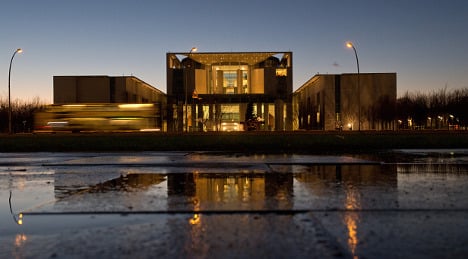The US spying affected the governments of Angela Merkel as well as her predecessors Gerhard Schröder and Helmut Kohl, the Süddeutsche Zeitung (SZ), which had pre-publication access to the documents, reported.
A total of 56 phone numbers are on the list released on Wednesday, including more than 20 from Chancellor Merkel's present inner circle.
Among them are Chancellery chief Peter Altmaier, Merkel's personal office head Beate Baumann, the junior minister responsible for intelligence, Klaus-Peter Fritsche, and Volker Kauder, leader of the Christian Democratic Union (CDU) group in the Bundestag.
The SZ was unable to say when exactly the list released by Wikileaks dates from. But it contains the name of the one-time Kohl adviser Johannes Ludewig, as well as those of several significant officials in the 1998 Social Democratic Party (SPD)-Green party coalition government.
Wikileaks' document release also included transcripts of phone conversations held by Merkel between 2009 and 2011.
It has been public knowledge that Merkel's personal mobile phone was tapped by the NSA since October 2013.
But last week Wikileaks revealed that the agency targeted large parts of the government beyond Merkel for surveillance, prompting Altmaier to summon the US ambassador to the Chancellery for talks.
MPs on the Bundestag (German parliament) inquiry into the NSA reacted angrily and demanded that the government take some action against the USA over the revelations.
Government spokesmen told the SZ that they were examining the files, but that it was impossible to conclusively prove they were genuine.
The paper reported that in government circles, politicians and senior officials are no longer surprised by any new information about the targets or extent of surveillance.
SEE ALSO: Merkel summons US envoy over spy claims




 Please whitelist us to continue reading.
Please whitelist us to continue reading.
Member comments